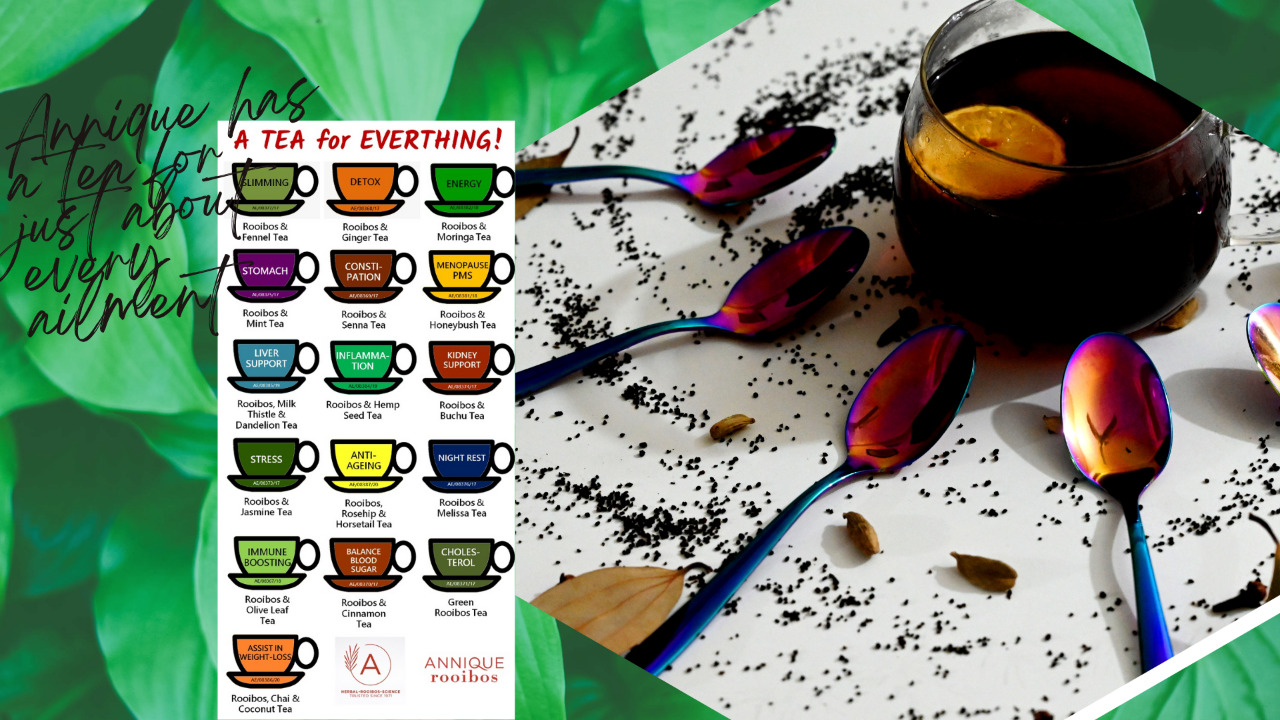The Wonder - Herb Rooibos
Local inhabitants of the Cederberg region first discovered that Rooibos leaves can be brewed as a refreshing drink, more than 300 years ago. They would use axes to harvest the plant and then bruise the leaves with hammers, before leaving them to ferment and later dry in the sun. Today the harvesting and processing of this indigenous herb is done in much the same way, only using more advanced equipment.
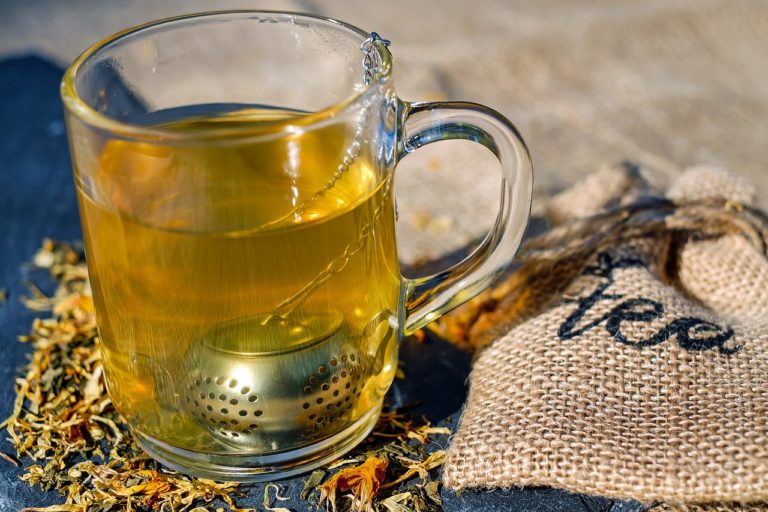
Crossing the Seas
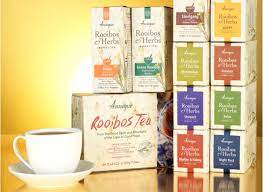
Early Cape-Dutch settlers started drinking Rooibos tea as a cheaper alternative to expensive black tea from Europe. In 1772, European botanist, Carl Thunberg, visited the Cape to report on the Rooibos plant and its tea variant.
In 1904, Russian immigrant, Benjamin Ginsberg, recognised the potential of this unique tea and started trading with Rooibos tea, locally and internationally. This made him the first ever exporter of Rooibos and still today, the Ginsberg family continues to market Rooibos.
Revealing Rooibos Research
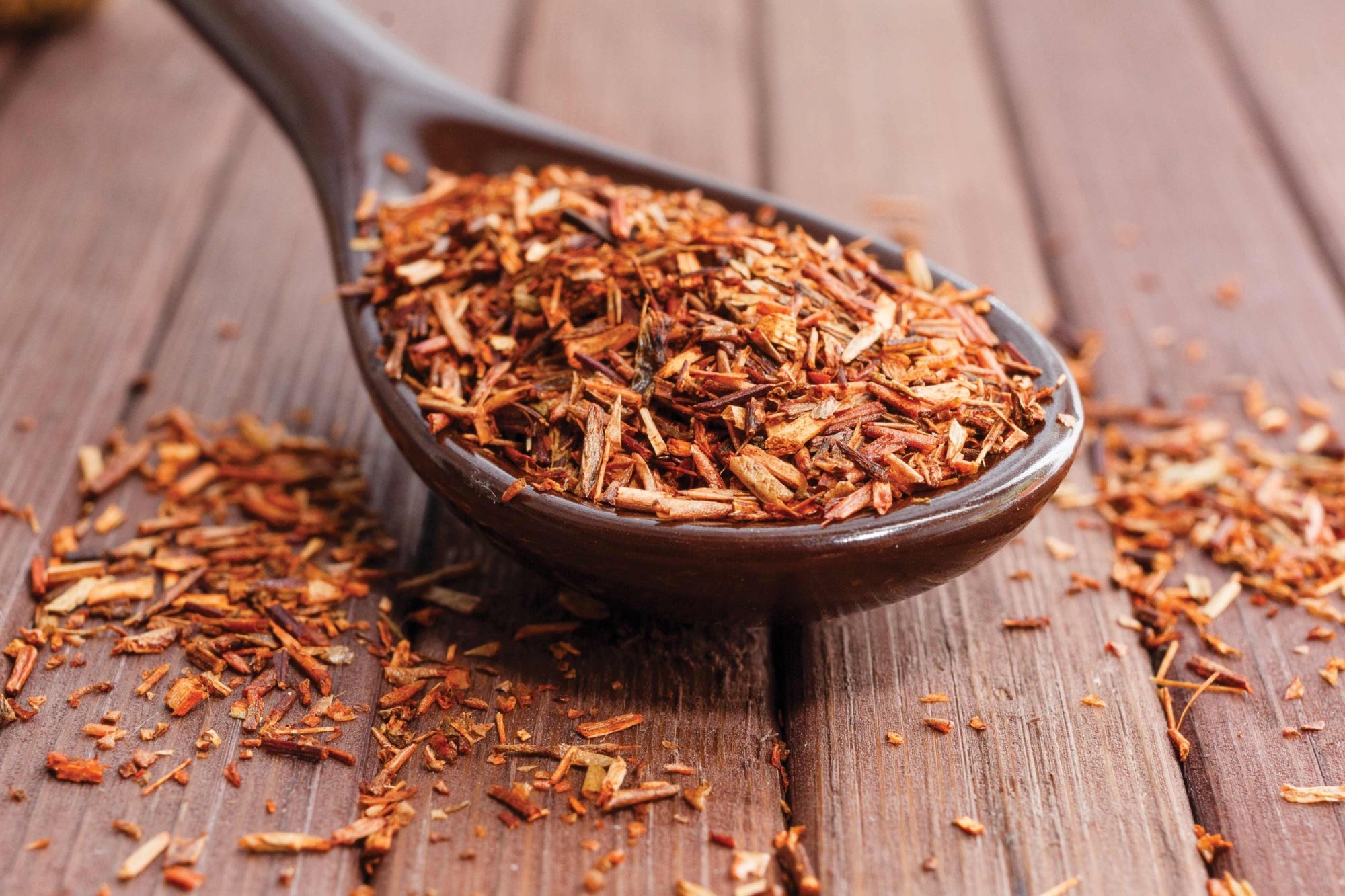
In the early 1900s, Dr Le Fras Nortier started researching the medicinal value and agricultural potential of Rooibos, since the doctor and nature-lover in him was drawn to this mysterious and aromatic tea. Still, the commercial growing of Rooibos only started in the 1930’s.
In 1968, Annique founder, Dr Annique Theron, put the spotlight on Rooibos with her claim that it soothed away her baby’s colic. She published a book on her findings called “Allergies: An Amazing Discovery” and continued to make huge strides in the promotion of the health benefits of Rooibos.
In the 1980’s Japanese and American scientists found a powerful and stable antioxidant called superoxide dismutase in Rooibos tea. In 1995 Infruitec, a South African research company, as well as Dr Charlene Marais of the University of the Free State, found and verified that Rooibos tea did indeed have the following properties:
- Anti-allergenic
- Antioxidant
- Anti-bacterial
- Anti-inflammatory
- Anti-viral
- Anti-spasmodic
- Anti-ageing
- Contains no caffeine
- Low tannin from pure Rooibos leaves
Rooibos is not a true tea, but a herb. The brew made from the dried Rooibos leaves is therefore a herbal infusion (known as a tisane) rather than a tea, but is widely known as Rooibos tea. Rooibos has a distinctive colour, flavour and aroma, which differentiates it from most other teas. The flavour can be described as slightly sweet and fruity.
The vibrant amber colour of Rooibos comes from the natural colour that develops during the post-harvest “fermentation” (oxidation) process, brought about by natural enzymes in the plant. Rooibos is a pure and natural product as it contains no colourants, additives or preservatives and it has no kilojoules.
Annique only sells the very best quality Rooibos tea including traditional Rooibos tea, organic Rooibos tea as well as Green Rooibos tea. It is often blended with other herbal teas, like Annique’s Rooibos & Herbs tea range which offers extensive healing health properties. Annique also has a range of flavoured Rooibos teas, called Taste T, which includes flavours like Strawberry and Peach. Rooibos ages well and can be stored for long periods without any deterioration in quality, flavour and taste. Today, Annique Health and Beauty has over 21 brands and more than 250 products including daily, treatment and anti-ageing skin care, an extensive health and lifestyle range as well as cosmetics and fragrances.
Annique is the leader in Rooibos health and beauty, and therefore, we have implemented intensive tests to ensure our products are of the best premium quality, meeting the highest standards internationally.
Physical Attributes of Annique Rooibos Tea
- No batches contain more than 0,5% dust
- The Rooibos tea is guaranteed to be 80% or more leaf than stick
- The tea is cut and not ground or put through a hammermill
- The tea must pass a formalised taste test and deliver flavours that include both honey and caramel sweetness with a woody / grassy twist based on the standardised flavour wheel
Annique has taken their Rooibos-based products to the next scientific level, where we measure the polyphenol, bioflavonoid, aspalathin and oxygen radical absorbency capacity (ORAC) levels in our Rooibos batches, before conversion. This ensures a standard of excellence and consistency in all of our products.
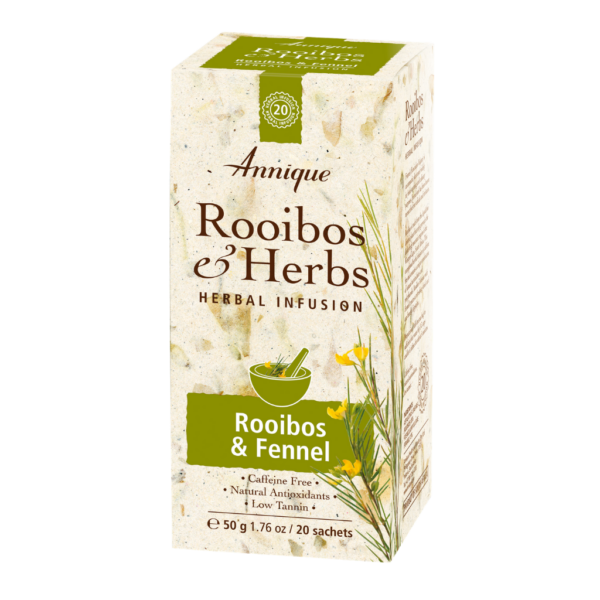
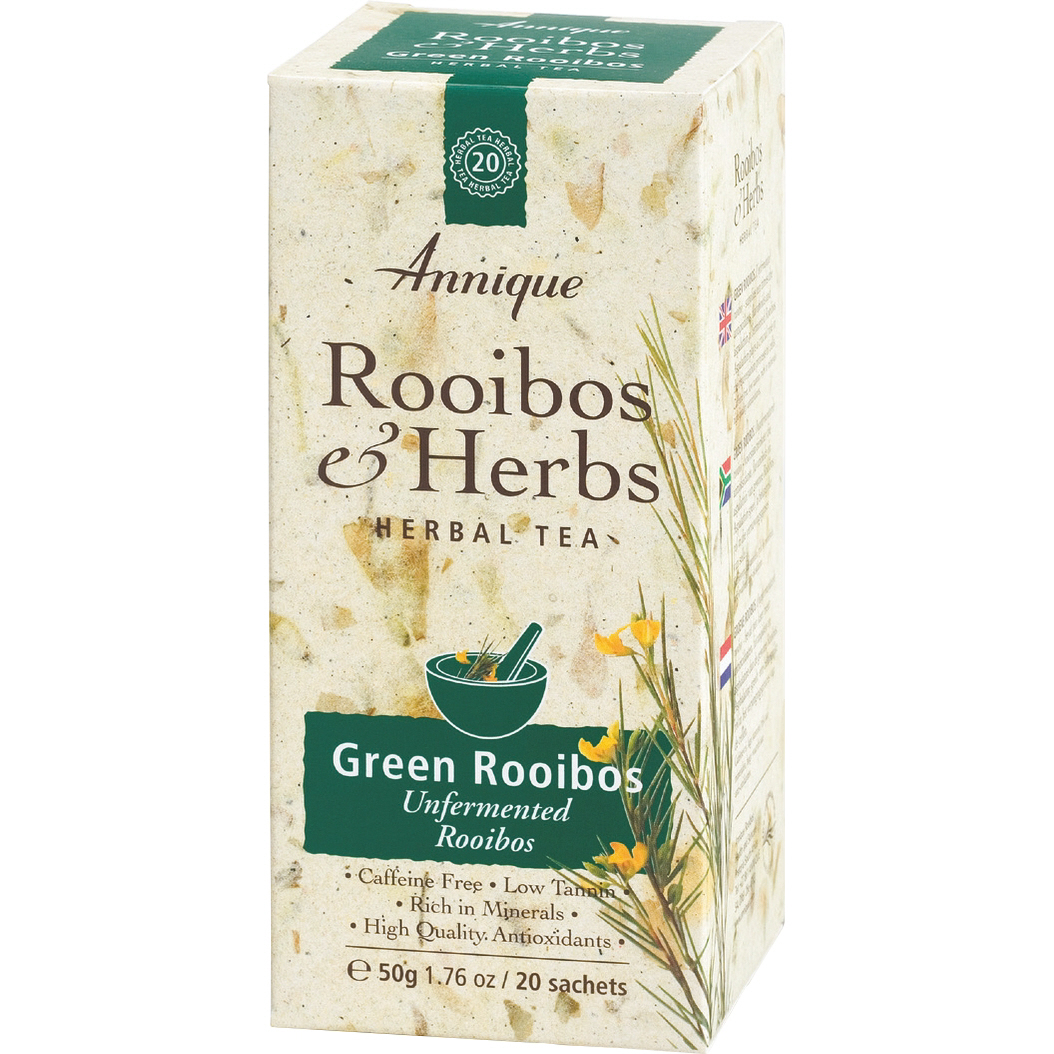
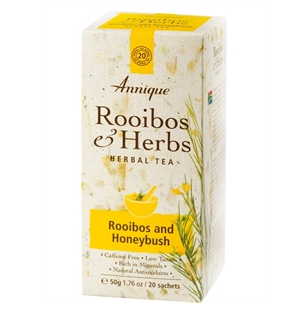
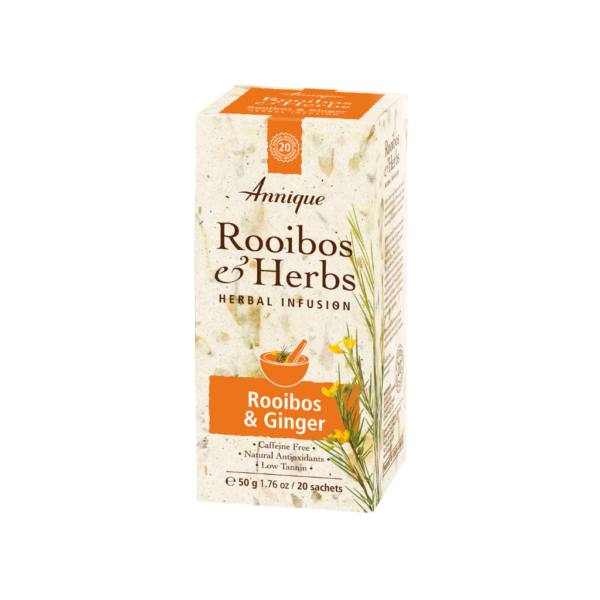
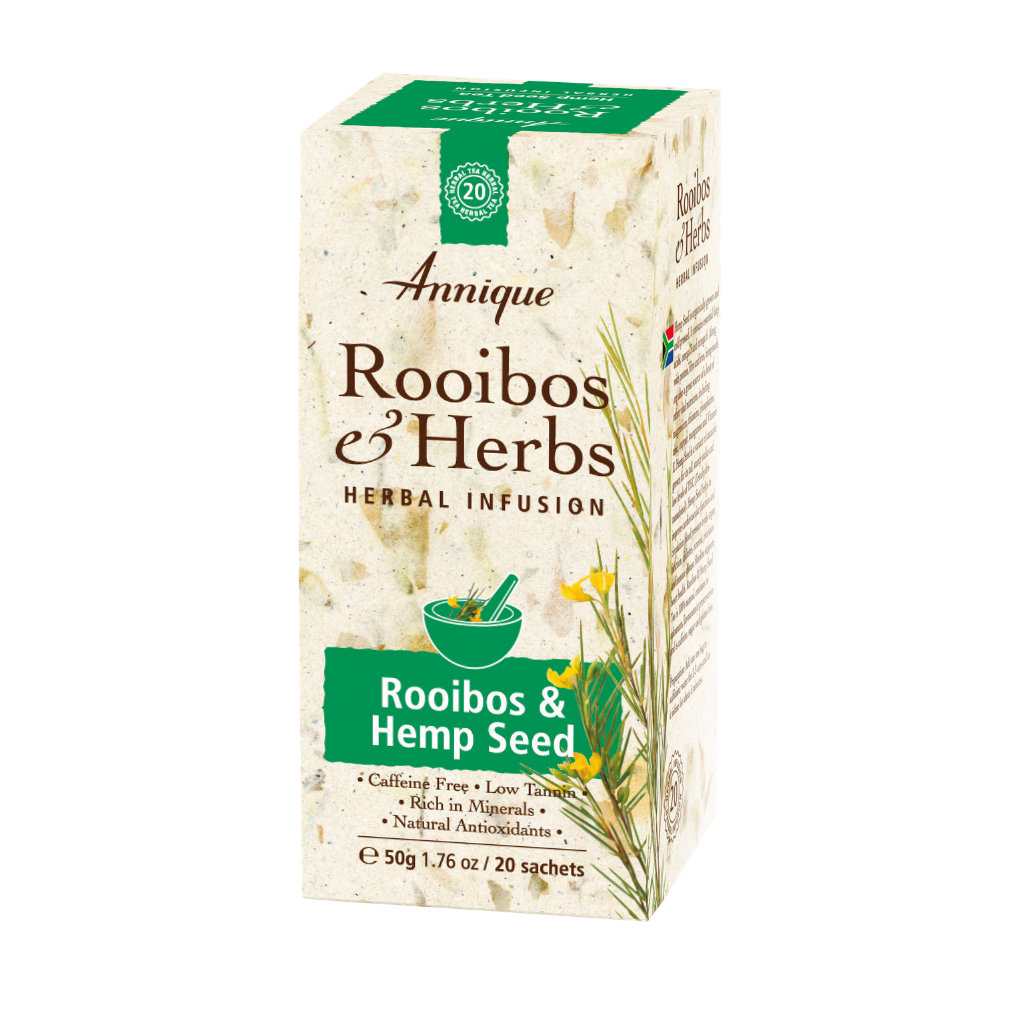
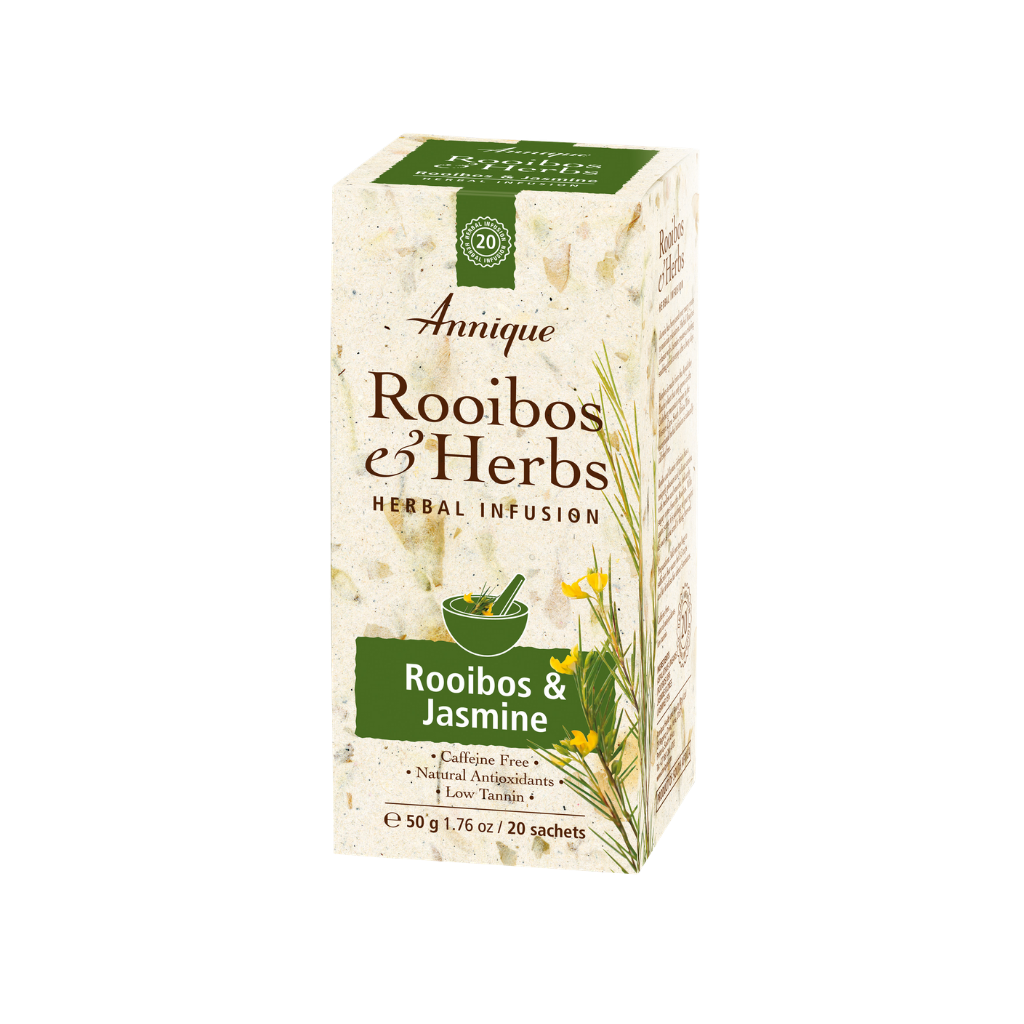
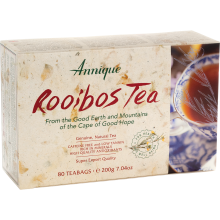
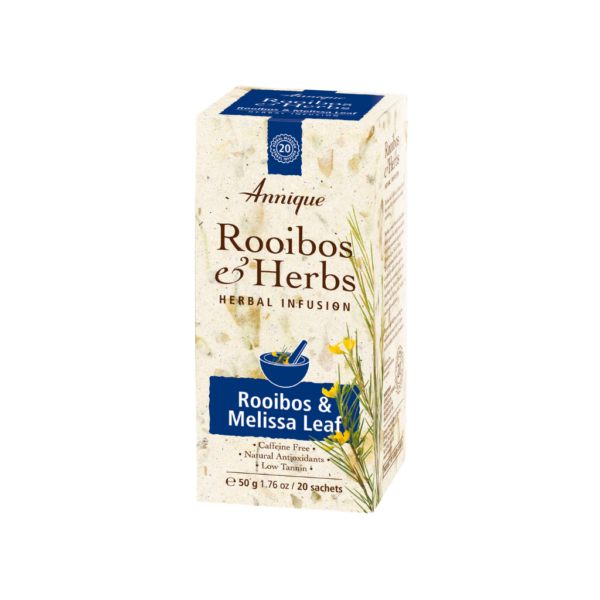
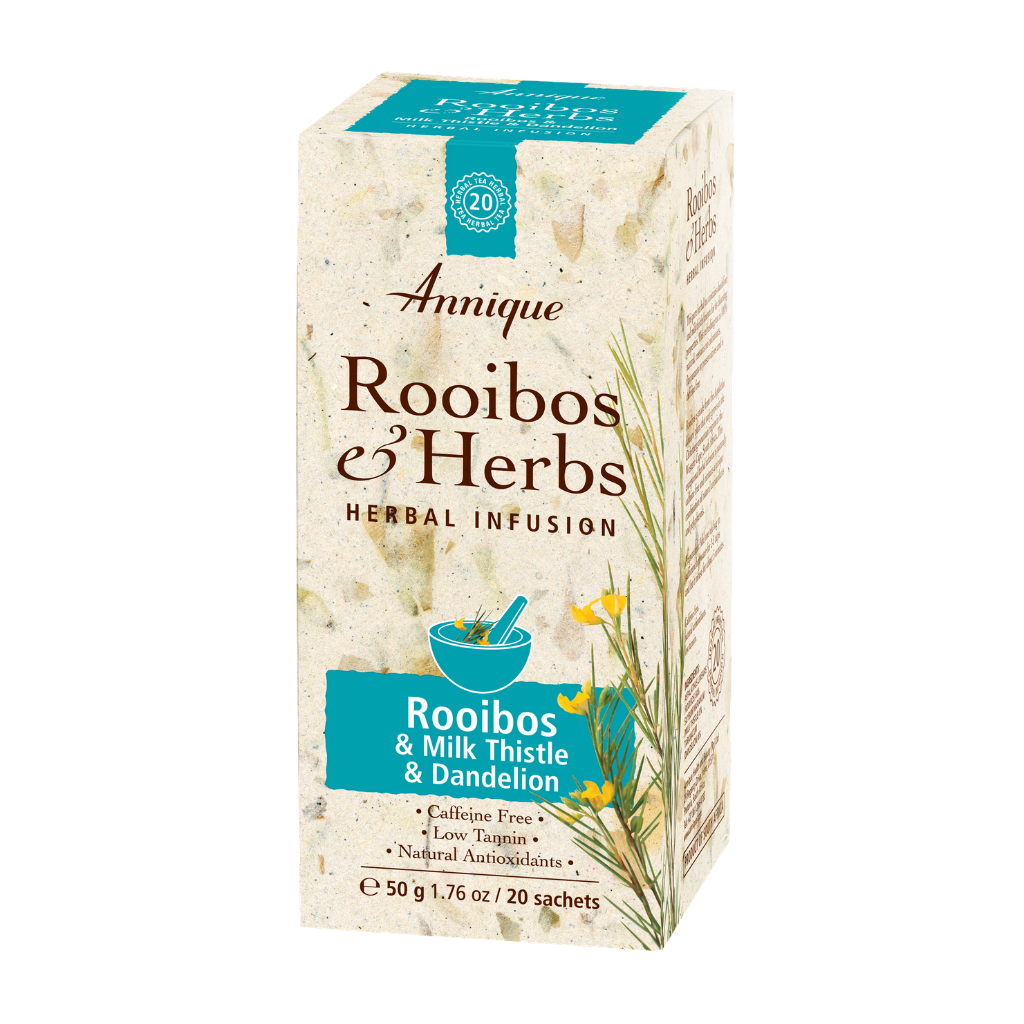
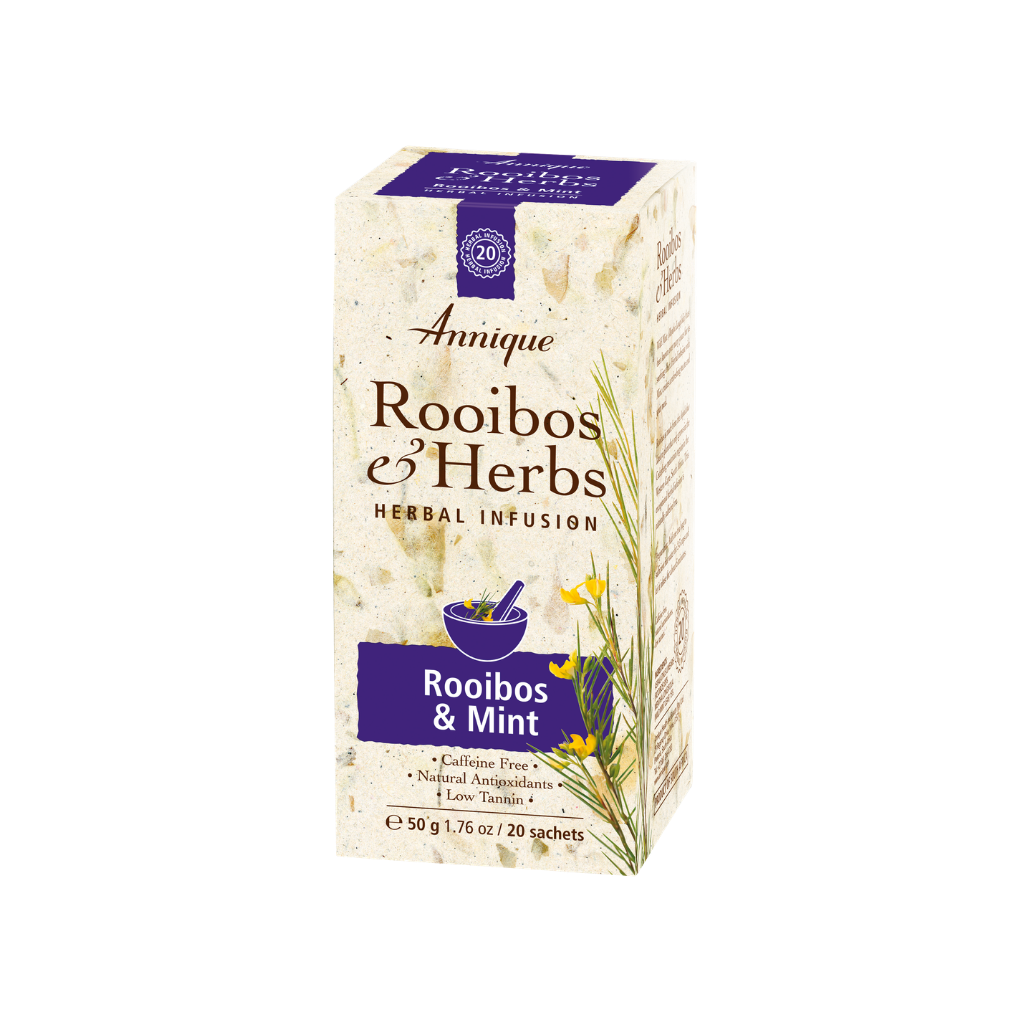
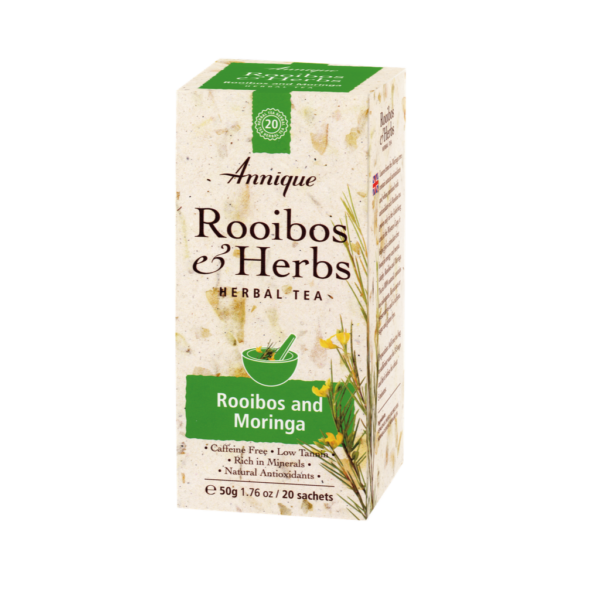
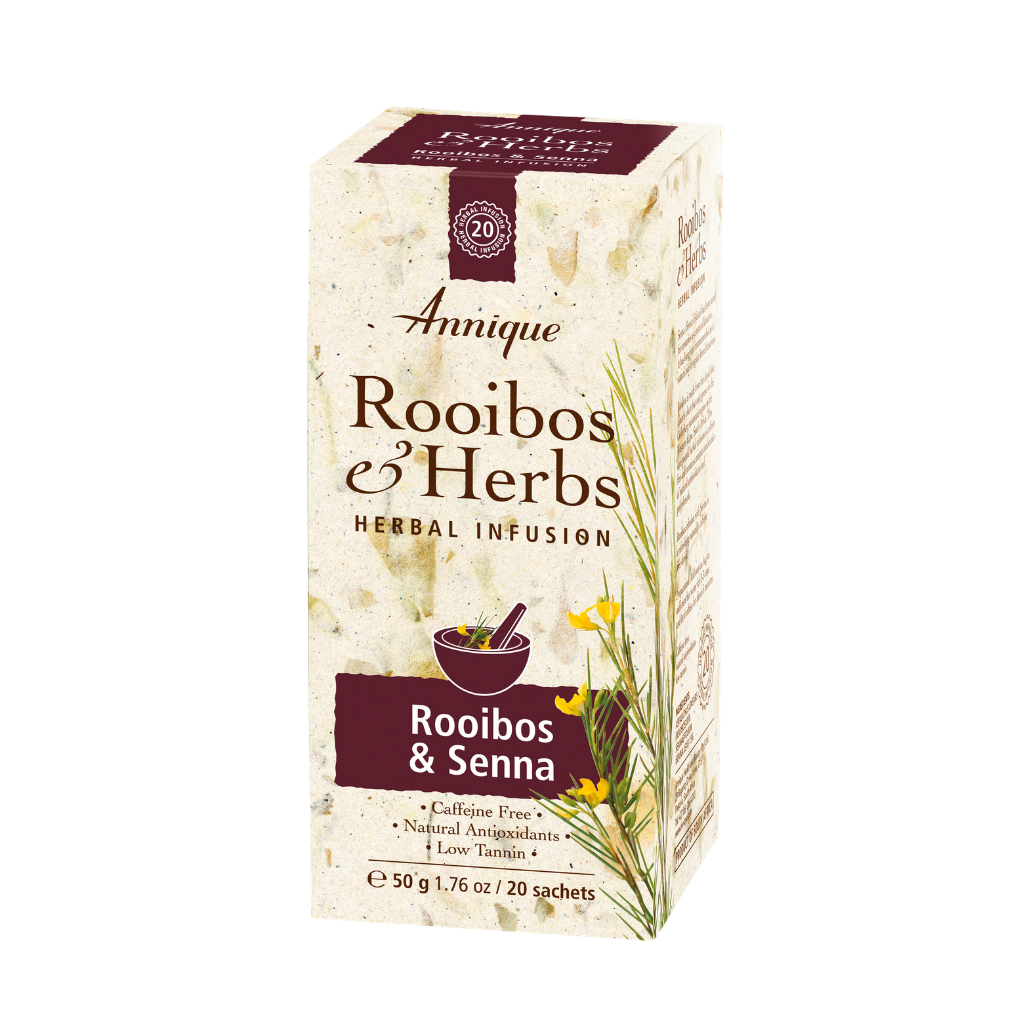
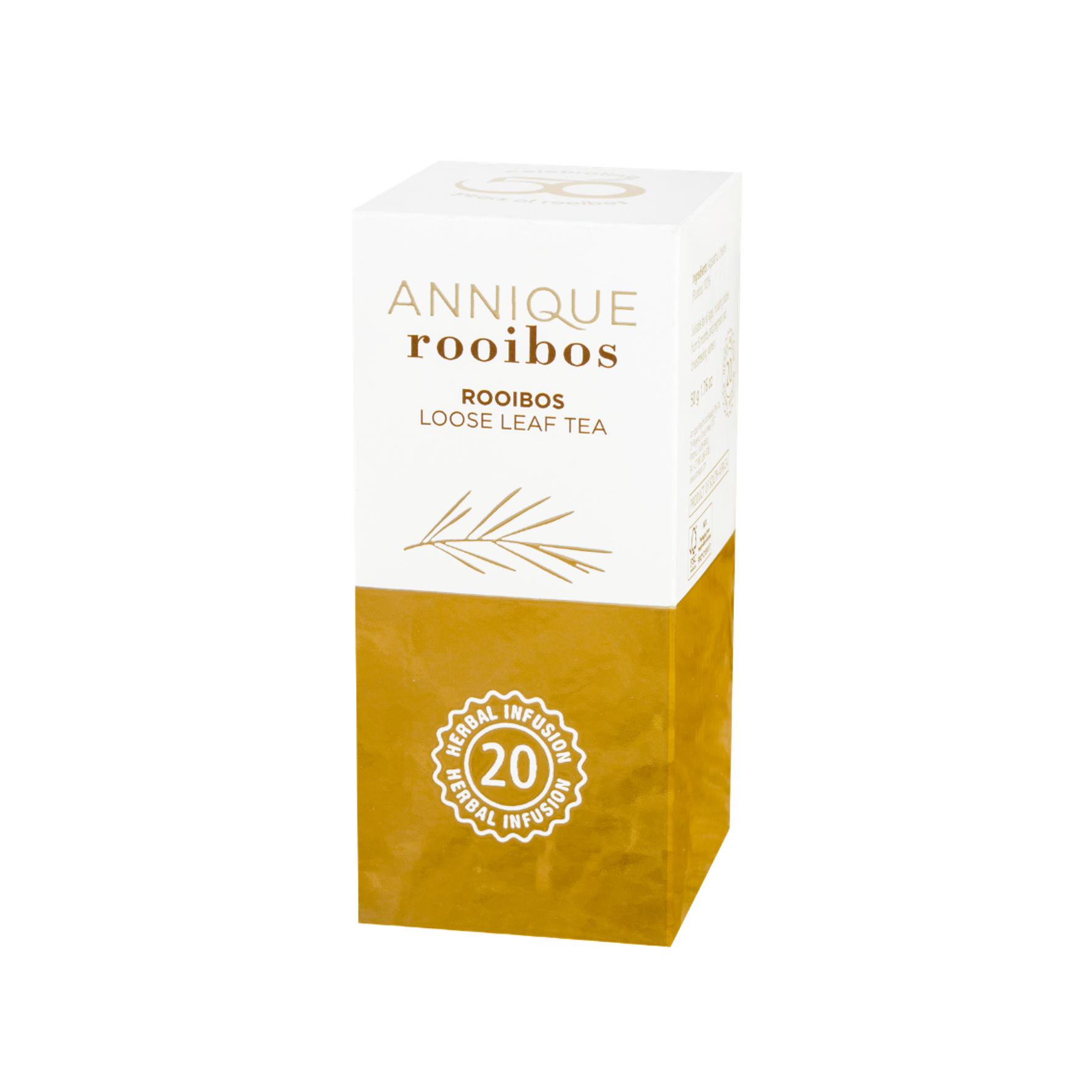
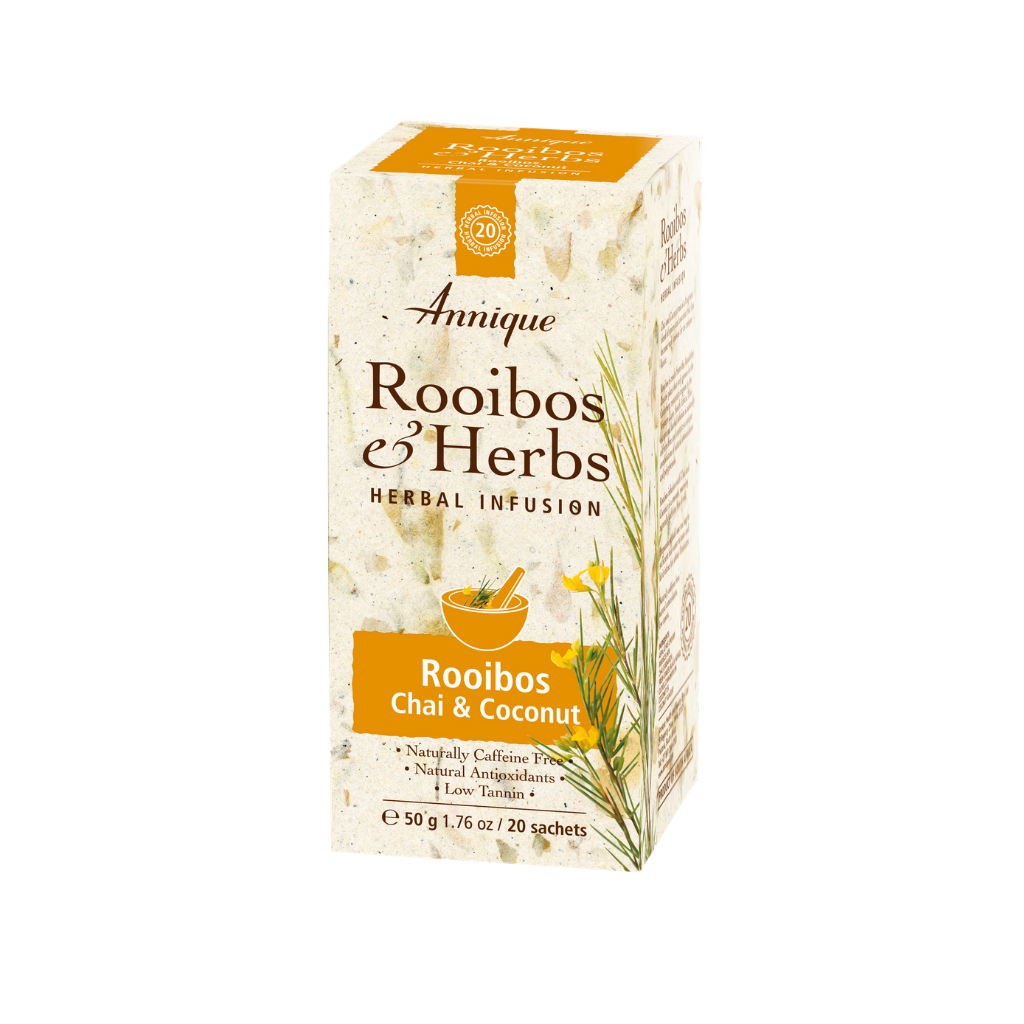
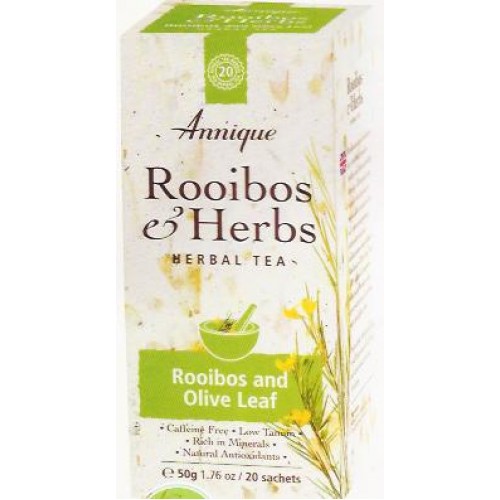
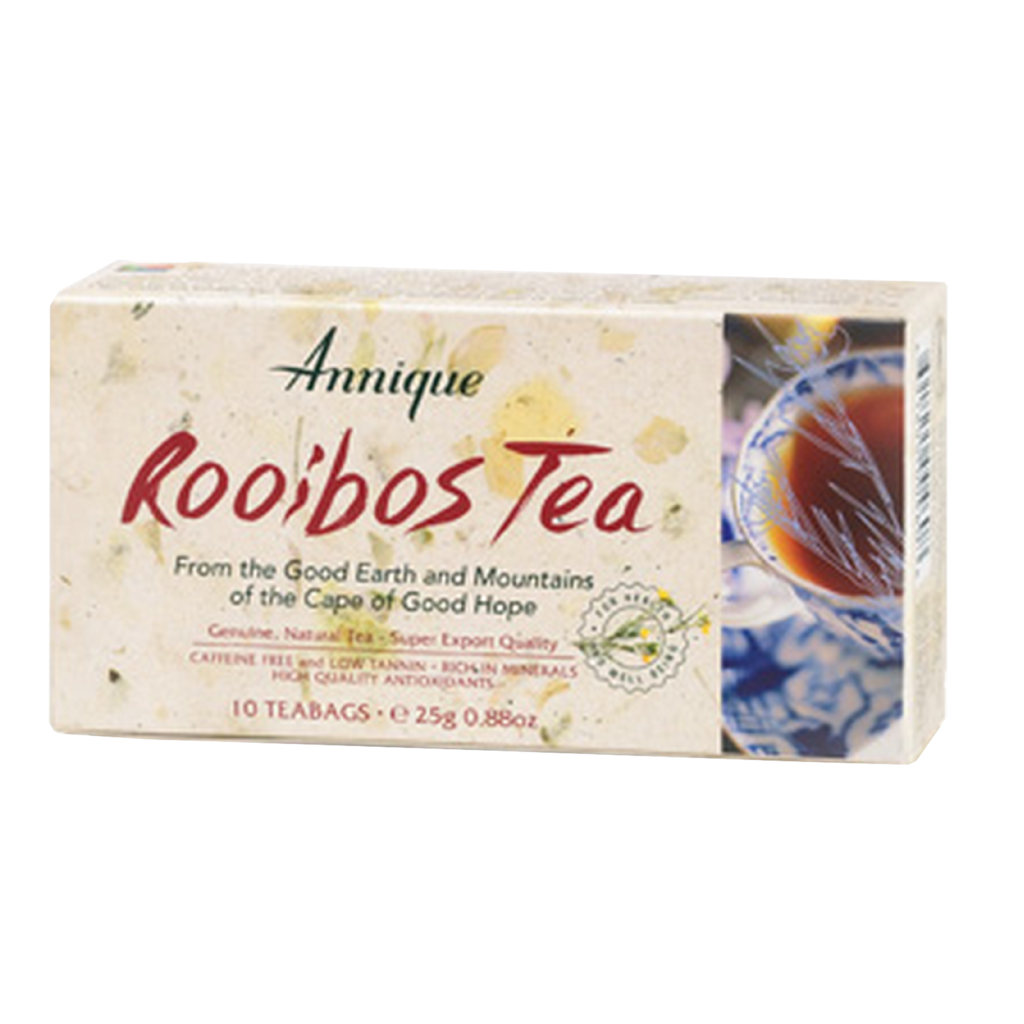
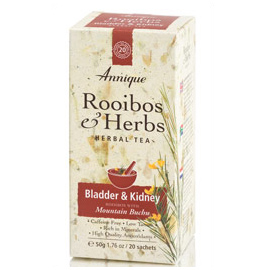

Minimum Standards of Annique Rooibos Tea Measured Per Cup
- 1200 ORAC (oxygen radical absorbency capacity – measures antioxidant levels and quality)
- 32mg Polyphenols (a subset of antioxidants)
- 7mg Aspalathin (the unique antioxidant in Rooibos)
The South African Rooibos Council
Annique is a very active member of the Rooibos Council, who in the past year have created media exposure in excess of R15 million for Rooibos in South Africa and in international markets.
The South African Rooibos Council has invested in excess of R40 million into Rooibos research in the past 20 years and will invest a further R3-million in 2017 to commission additional research into Rooibos’ health-enhancing properties, which could yield some of the most exciting new discoveries yet.
Be sure to visit the Blog for all the latest training, research and product information.
